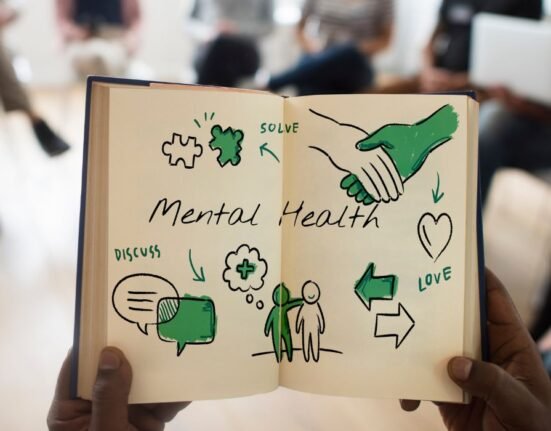Ever read the story “the boy who cried wolf”? Many of you might have. So, what does that have to do with anxiety? Let me tell you.
A very common symptom of anxiety is rapid incident of sudden increase in heart beats, what the doctors call it as palpitations. If a person is suffering from anxiety you are prone to these incidences landing you in the hospital for a couple of hours stay, where you are given medicines through the IV to calm you down and keep you that way for some time. Here are how these episodes go – there is something (known or unknown) which triggers your anxiety. If you are not able to manage it through your coping mechanisms, things can of go out of hand and you have to ask for help. More often than not, getting help means telling someone from the family to help you out or calling your family doctor as they know the history.
Why do these repetitive episodes make people think that something is wrong with you? Or just panicking. That’s the crux of this article. Last month I developed a sudden high fever which would not go down. I had persistent fever of 101, 102 degrees which made me rush to my family doctor. I kept telling him, my husband and anyone who would listen that I better get a Covid test done because I never have such high fever normally. I could feel there is something different with my breathing and my body. Well, what do people around me think? That I am being paranoid and I just had some usual viral infection. After 2 days, my pulse started increasing and my heart was beating around 120 to 125 beats per minute and I was complaining of breathlessness. After telling everyone about it for countless times all the answer I got was “don’t panic, you will be alright. You are taking the medicines for the fever”. On the 3rd day, I actually had an episode where my heartbeats went to 140, I could not breathe and I called up my doctor. The answer I got was that it was just my anxiety. For a full five days I was trying to get help from my family and my doctor and all I got was “don’t panic!”. I would like to tell my readers that this is the connection with the story of the boy who cried wolf! The night of the episode when I found it extremely difficult to breathe, I was rushed to a hospital and a CT confirmed the pneumonia after which I was admitted to a hospital, tested positive for Covid – 19 and given oxygen support for 4 days before I could breathe normally again.
The whole point of writing down this incident is not to rant out or express frustration but to draw attention to the fact that almost all people who suffer from anxiety have gone through similar experiences (in different situations) and have wanted to scream when told “Not to Panic”. These people who tell us not to panic do not understand that if we could “not panic” then we would not be suffering from anxiety in the first place! Secondly, having anxiety causes to be more aware of our bodies than ‘normal’ people and thus we know when something is caused by our anxiety or there is some other reason for it. There is a lot of content on the internet which enumerates the causes of anxiety, dealing with anxiety and how others can support people with anxiety all read mostly by people who have anxiety and less by people who could support us by understanding what really keeps happening to us. In fact, I would not be surprised if I find an article written on “What NOT to do around people with anxiety”.
All said and done, my experience as I am sure would be common for a lot of people with anxiety is an indicator of how anxiety is not taken seriously and thus disregarded by people around us. Somehow every disease or discomfort is played down and is attributed to “panic”. Life is difficult with the constant feelings of anxiety, and we need people to be aware of problems and support us when necessary.
It is a genuine necessity to understand anxiety which really should be taken seriously given that 1 in 13 people (estimated 7.3 percent of the world population) suffer from it. The National Mental Health Survey of India report supported by the Ministry of Health and Family Welfare and conducted by the National Institute of Mental Health and Neurosciences stated that around 10% of the total population suffers from various forms of anxiety. Moreover a 2019 study by a Mental Health Research UK, found a whopping 42.5% of India’s corporate sector employees suffering from either depression or anxiety disorders. The figure is big enough to sit up and take notice. More than the figure it is the people who need to be paid attention to.
Instead of ignoring it or say not to panic, it would do us well to acknowledge that even though anxiety is a problem, just like Diabetes or heart problems are physiological problems. Anxiety is something which needs to be given equal empathy just like the physical problems invoke. All that a person having anxiety wants is to be taken seriously. We know when something in our body is wrong and it is not anxiety or panic every single time. We could be having some other problem too, serious enough to need medical attention. So, the next time before telling someone anything process the situation from the suffering individual’s point of view and help them.












Leave feedback about this